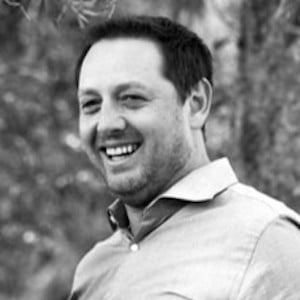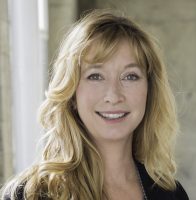It’s a common misconception that to become a science entrepreneur requires undertaking a research pathway in university or a commercial research lab, or having a university pedigree.
It’s also rarely a linear and straight line to the finish.
As Cicada Innovation’s founders have demonstrated, successful science entrepreneurs hail from all sorts of divergent backgrounds and take entirely unique pathways to achieving success.
We recently hosted a webinar at Cicada Innovations as part of National Science Week, exploring three unique science entrepreneurship journeys: a researcher turned founder, a corporate leader turned founder, and a serial entrepreneur.
Their backgrounds and experiences may differ significantly, but these three science entrepreneurs prove that you can arrive at deep tech from any direction. But what you do need is to be resilient, driven, structured, and – most importantly – purposeful.
Scientific researcher turned founder
Alison Todd PhD FTSE is the Chief Scientific Officer & co-founder of SpeeDx, a molecular diagnostic solutions company with over 85 patents under its belt and more than 47 products on market.
Prior to her foray into the world of entrepreneurship, Alison was a long-time researcher with an extensive career at Johnson & Johnson. This position was right in the middle of Alison’s highly scientific comfort zone.
But when the global financial crisis hit in 2009, Johnson & Johnson closed many research labs around the world and Alison found herself made redundant, mid-career.
This event, as she says, pushed rather than pulled her to start her own company. And the rest is history.
Interestingly, Alison’s three decades of experience having to stick to her guns and persist in order to bring her scientific discoveries to fruition prepared her well for the level of resilience and persistence you need as an entrepreneur.
She is also adamant about inventing for purpose. As Alison says, “When I invent something, I invent it for a specific need”. She is endlessly inspired by the medical needs and the clinicians on the frontline, who have become her inspiration, collaborators, and early adopters.
Corporate leader turned founder

Peter Tomich
Learning from a different set of experiences is Peter Tomich, who co-founded agricultural biotechnology company Sustinent after more than ten years as a corporate leader in PWC.
Peter’s many years in a highly structured corporate landscape taught him that resilience and drive are excellent traits, but they also need structure for massive projects to come to fruition.
As Peter puts it, structure provides the blueprint on how to eat an elephant. The solution is of course one bite at a time, but to Peter this means purposefully creating a structure that splits up the problem into smaller projects that are easier (and less overwhelming!) to tackle.
Finding that big problem to solve in the first place is another separate problem, according to Peter.
His solution to this is to follow your passion which, for him, meant finding projects that create an impact and a legacy at all levels. Enter Sustinent, a company that leverages innovative and sustainable biotechnology to transform agricultural green waste into new resources – one bite of the elephant at a time.
Serial entrepreneur

Liesl Yearsley
Resilience and sheer determination are incredibly important according to Liesl Yearsley, CEO of human-like calendar technology provider, akin.com.
But Liesl goes one step further. She believes that success as a deep tech founder requires being driven by an almost masochistic drive to succeed.
Liesl’s advice is informed by three decades of founding multiple companies including one that was eventually acquired by IMB.
She also believes in invoking personal experiences to find your purpose.
Her childhood spent in abject poverty in Robert Mugabe’s Zimbabwe informed her belief in a concept she calls the “valuation run drive model”. In her words, it’s not the valuation of the company, but the value your company gives to the world that matters. It’s thinking big and tackling big problems, in order to build for the future.
Alison, Peter, and Liesl are all living examples of how completely different expertise, life experiences, and career learnings can be put towards a successful life as a science entrepreneur. There’s no one-size-fits-all approach that must be followed.
Credit: Source link


Comments are closed.